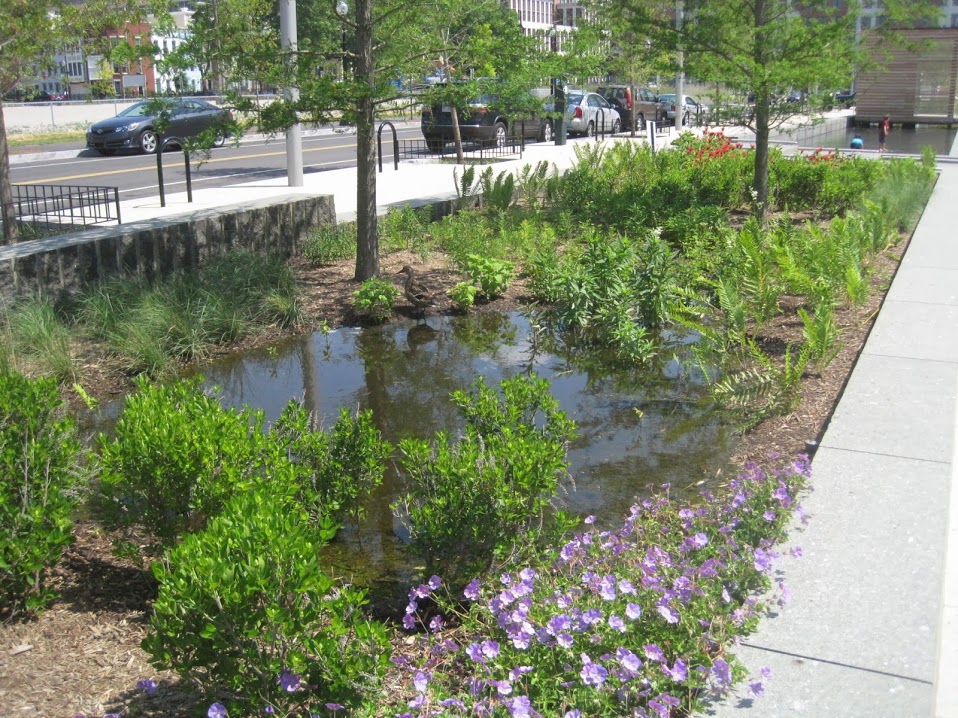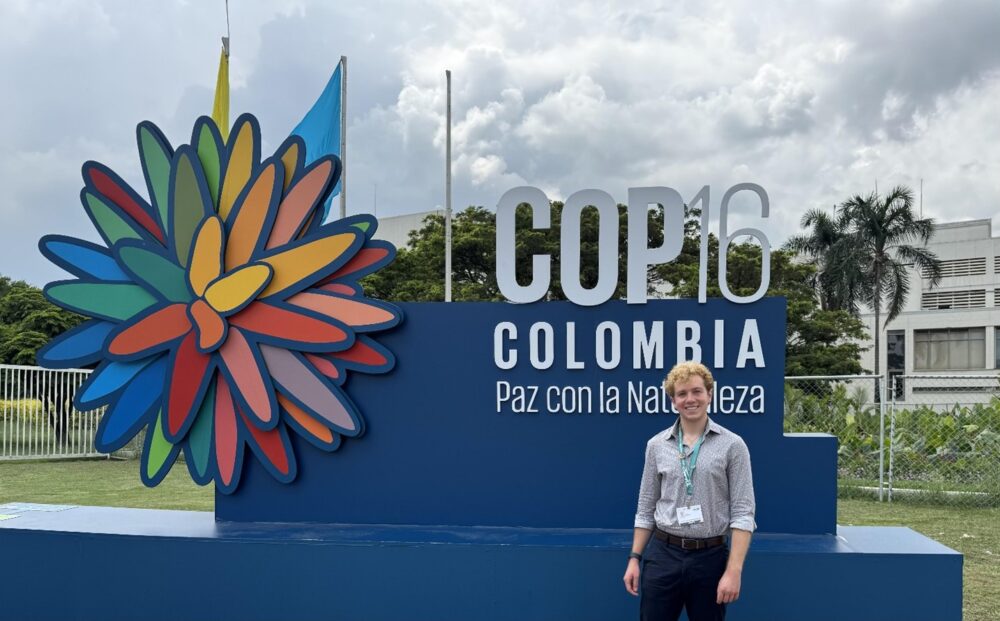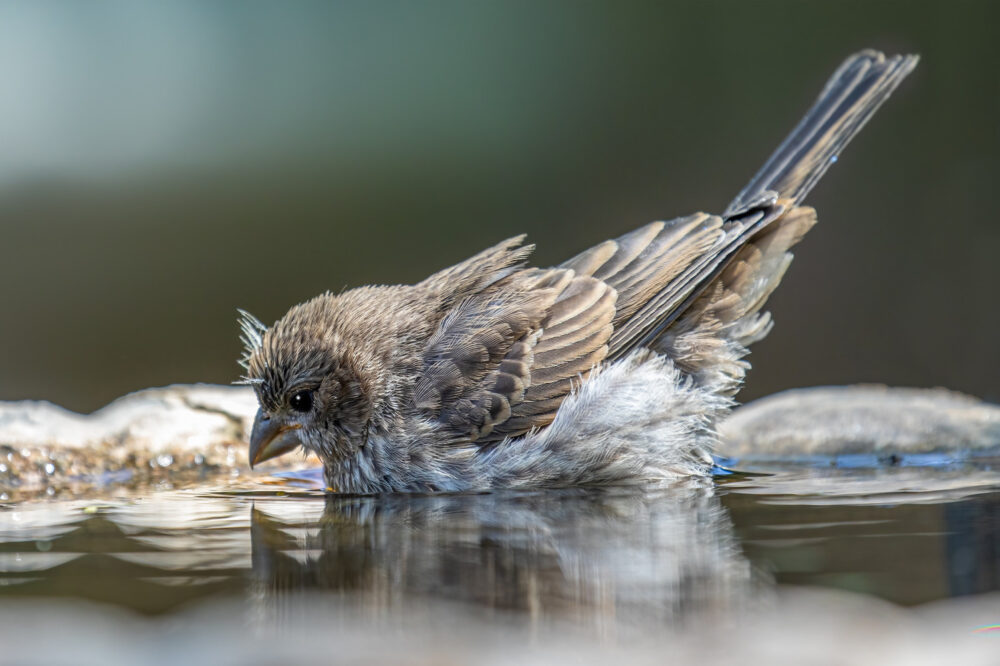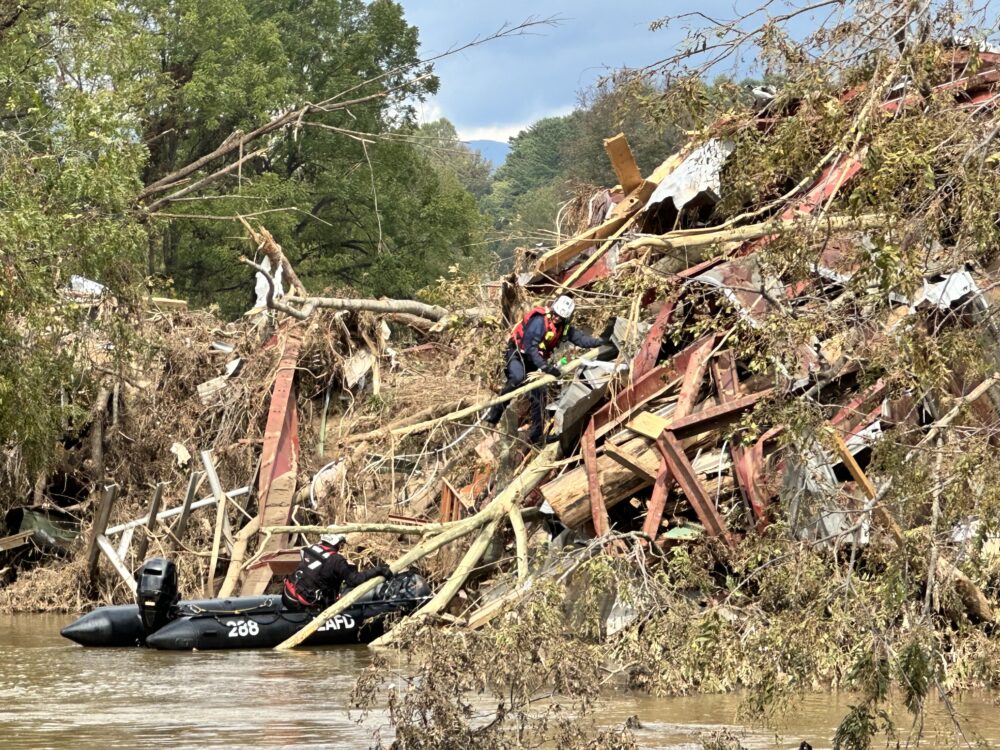We have much more to do and your continued support is needed now more than ever.
Voluntary Methane Regulations Not Enough to Protect Wildlife

Thursday, July 23rd, the Environmental Protection Agency (EPA) released a proposal for its newest voluntary initiative, the Natural Gas STAR Methane Challenge Program. It is a revamped expansion of an existing voluntary program which suggests a set of best practices and guidelines to oil and gas companies for managing methane emissions. Companies who make and track voluntary reduction commitments will be publicly recognized by EPA as leaders in reducing methane emissions. While this first formal step towards methane regulation is important, voluntary initiatives are no substitute for comprehensive nationwide standards to address methane pollution from the oil and gas industry.
Impacts of Methane Pollution
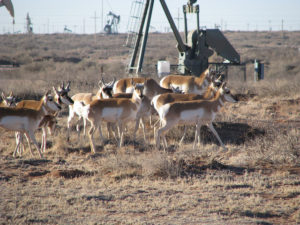
Methane is a potent greenhouse gas (with 84 times the warming power of carbon pollution) and contributes heavily to climate change, which poses an unprecedented threat to the natural resources, wildlife, and the wild places we cherish. Methane is also not released by itself: smog and ozone-forming pollutants and toxic chemicals such as benzene leak from oil and gas sites along with methane, harming air quality and endangering public health and wildlife. Exposure to toxic air pollutants have similar impacts on wildlife and humans, including reproductive failure and birth defects. Strong methane regulations can help cut air pollution and encourage the oil and gas industry to take a more deliberate approach to future land developments.
The Risks of Voluntary Methane Regulations and Next Steps

We need strict federal regulations on methane emissions from the oil and gas sector to effectively curb our climate pollution. Luckily, the EPA and the Bureau of Land Management are moving forward with mandatory regulations to limit methane pollution from the oil and gas industry. Cutting methane can be achieved in a cost-effective, efficient manner using existing technologies that often pay for themselves in a matter of months. Reducing methane pollution from the oil and natural gas industry is a virtually-unused tool to slow the rate of short term climate change and harness the waste of a public resource. Curbing methane pollution is an achievable step towards reducing the impacts of energy development, resulting in a triple win for wildlife, habitat, and climate.
![]() Let EPA know that you stand for wildlife and support quick action on strong methane pollution standards on the oil and gas industry!
Let EPA know that you stand for wildlife and support quick action on strong methane pollution standards on the oil and gas industry!

